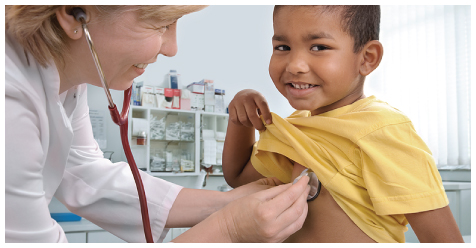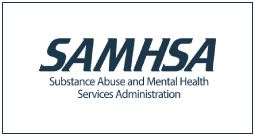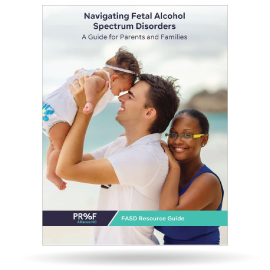
Resources for Professionals
Prenatal alcohol exposure is a leading preventable cause of birth defects and developmental disabilities. [1] In-utero alcohol exposure can cause a wide range of effects known as fetal alcohol spectrum disorders (FASD). FASD can include physical, mental, behavioral, and learning disabilities with lifelong implications..[2] Professionals such as yourself have an important role of supporting those impacted by FASD, as well as preventing alcohol-exposed pregnancies and FASD by providing education and resources to those you serve.
The American College of Obstetricians and Gynecologists (ACOG) Workgroup on FASD Prevention has created an eModule on FASD for providers that is eligible for two CME credits. Visit this website to access the eModule and other videos and tools from ACOG.
[1] Shmulewitz D, Hasin D. Risk factors for alcohol use among pregnant women, ages 15-44, in the United States, 2002 to 2017. Preventive medicine. 2019;124:75-83.
[2] Moore EM, Riley EP. What happens when children with fetal alcohol spectrum disorders become adults? Curr Dev Disord Rep. 2015;2(3):219-227.
Proof Alliance NC FASD Resource Guide
We’ve developed this guide as a tool for parents and families seeking diagnosis and/or interventions for children with FASD. The guide provides a brief overview of fetal alcohol spectrum disorders, an overview of the diagnostic process, as well as resources that include interventions and strategies that can help you, and your family navigate this disorder.

UNDERSTANDING FETAL ALCOHOL SPECTRUM DISORDERS FOR SUBSTANCE USE TREATMENT PROFESSIONALS SU During Pregnancy and Plans of Safe Care
The factsheet answers core questions asked by pediatricians with respect to POSC provisions outlined in the Child Abuse Prevention and Treatment Act (CAPTA).

TIP 58: Addressing Fetal Alcohol Spectrum Disorders (FASD)
Under the previously funded FASD Center for Excellence, SAMHSA developed a number of publications and resources that continue to be available.
National Resources
American Academy of Pediatrics’ Roadmap to Managing FASDs in the Pediatric Medical Home
A practical guide to help pediatricians navigate the identification of children with fetal alcohol spectrum disorders (FASDs) within the medical home. This job aid outlines key steps, decision points, and resources to support coordinated, family-centered care.
CLICK TO VIEW

The FASD Champion Network Screening for Prenatal Alcohol Exposure: An Implementation Guide for Pediatric Primary Care Providers
This implementation guide offers an evidence-informed method to determine a history of PAE and is intended to support pediatricians and other pediatric clinicians in facilitating early identification of children who are at risk for FASDs.
CLICK FOR MORE INFO

American Academy of Pediatrics’ FASD Pediatric Toolkit
The Fetal Alcohol Spectrum Disorders (FASD) Toolkit was developed to raise awareness, promote surveillance and screening, and ensure that all affected children receive appropriate and timely interventions. This is a great resource for professionals and families.
CLICK TO VIEW TOOLKIT

American College of Obstetricians and Gynecologists (ACOG) Resources
This ACOG website* provides resources for women’s health care providers in identifying women who drink too much and in providing brief educational counseling to reduce or eliminate alcohol use.
CLICK FOR MORE INFO

CIFASD Collaborative Initiative on Fetal Alcohol Spectrum Disorders
The purpose of this consortium is to inform and develop effective interventions and treatment approaches for Fetal Alcohol Spectrum Disorders (FASD), through multidisciplinary research involving basic, behavioral and clinical investigators and projects.
CLICK FOR MORE INFO

FASD Collaborative Project
FASD Collaborative Project creates connection and community through informed partnerships. This organization is focused on supporting the creation of fully inclusive communities that address the needs of all individuals who are neurodiverse, which includes extremely underserved populations like the FASD community.
CLICK FOR MORE INFO

Understanding Fetal Alcohol Spectrum Disorders (FASD): A Comprehensive Guide for Pre-K – 8 Educators
This guide is designed for every educator (e.g., teachers, special education teachers, resource specialists, speech and language specialists, school nurses, psychologists, and occupational therapists) who works with K-8 elementary and middle school level students. The guide addresses the impact of prenatal exposure to alcohol and how it affects the K-8 grade student.
CLICK TO VIEW GUIDE




